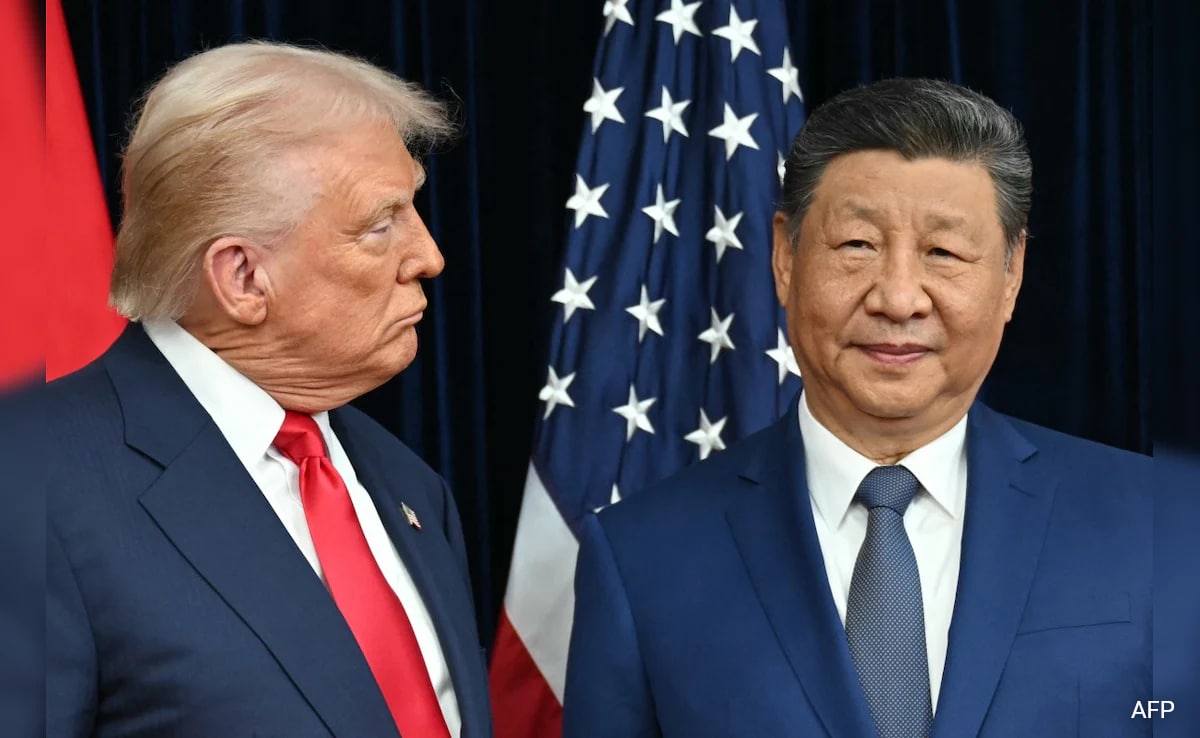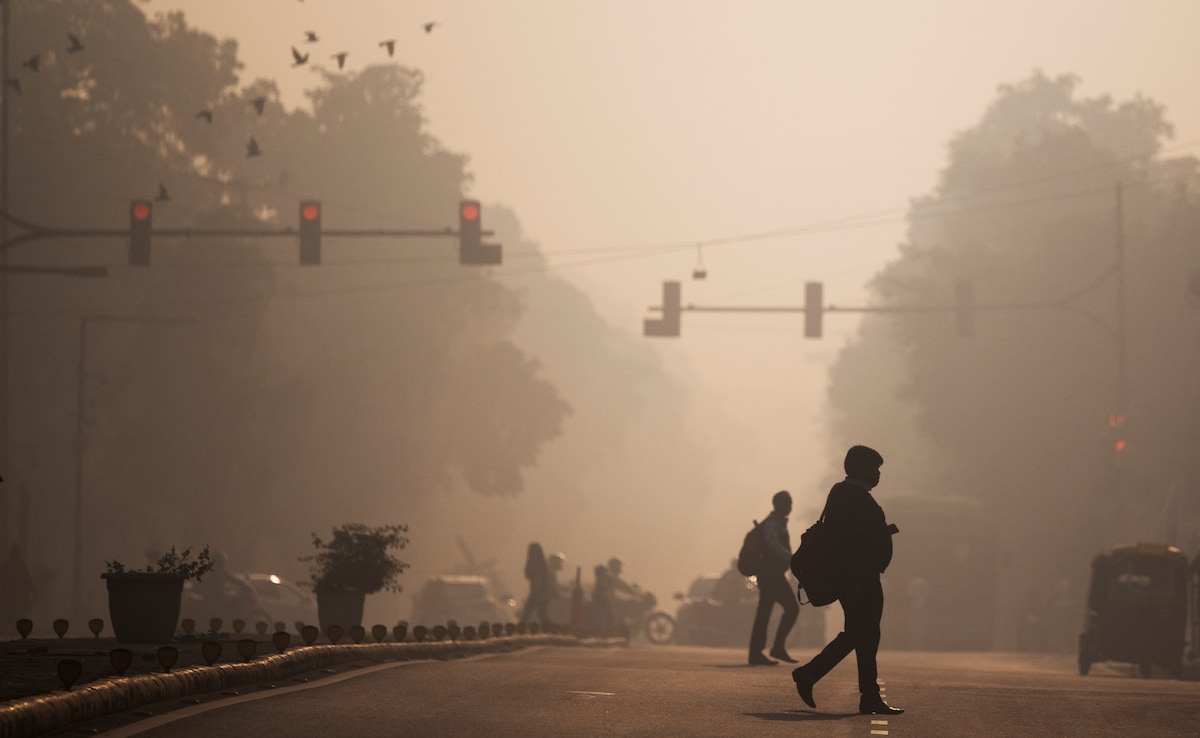At the scene of one of the deadliest battles of Ethiopiaâs 10-month Tigray conflict, witness accounts reflected the increasingly blurred line between combatant and civilian after the federal government weeks ago urged all capable citizens to stop the Tigray forces âonce and for all.â
When the Tigray fighters captured the village of Chenna Teklehaymanot in the Amhara region on Aug. 31, shortly after a military division defending the area left for unknown reasons, âour (local) defense forces confronted them. Ordinary people here also joined with whatever they could,â said 66-year-old Dagnew Hune. He told The Associated Press he witnessed the ensuing killings and helped to bury the dead.
About 100 people are still missing, Dagnew said on Thursday, walking past what he said were fresh graves in the churchyard covered with tree branches and stones.
Local officials have said as many as 200 people in all may have been killed over several days of fighting, with the worst of it on Sept. 4 in Chenna Teklehaymanot after Ethiopian forces reportedly blocked an attempt by Tigray fighters to seize the city of Gondar.
The Tigray forces have since retreated north, residents said, leaving survivors to check the pockets of dead fighters for clues to their identities. And some questioned why the division of Ethiopian soldiers had left them alone, with only local militia and residents to defend them.
Since retaking their embattled home region from Ethiopian forces in June, the Tigray fighters have brought the war into the countryâs neighboring regions of Afar and Amhara, where Chenna Teklehaymanot is located. The Tigray forces say they are pressuring Ethiopiaâs government to lift a blockade on Tigray that has left millions of people without telecommunications, electricity, banking services and almost all humanitarian aid.
Now a massive humanitarian crisis that already affects millions inside Tigray is spreading as hundreds of thousands of people flee the Tigray fighters, fearing their retaliatory attacks. The Tigray forces have said they are not attacking civilians.
But grieving witnesses and survivors in Chenna Teklehaymanot said the Tigray forces arrived demanding food, then killed people who tried to resist when the fighters killed their animals or looted their properties.
âMany of the innocent civilians here have lost their lives,â said local priest Yared Adamu. Holding a cross, he walked inside the damaged church, where bullet casings were scattered on the ground.
Spokesman for the Tigray forces Getachew Reda, speaking with the AP on Friday, called allegations that Tigray fighters had targeted civilians in the village âabsolutely, absolutely false.â He accused Amhara regional special forces of forcing civilians to fight, and âof course they will be caught in the crossfire.â
Told that residents had not reported being forced to fight, Getachew replied, âWhatever they told you was staged drama.â He also denied allegations that the Tigray forces were retreating.
Ethiopiaâs widening war, with atrocities reported on all sides, has led to urgent calls by the United Nations, United States and others for an immediate cease-fire and a path to dialogue. But there is little peace in sight.
Ethiopiaâs government this year declared the Tigray Peopleâs Liberation Front, which long dominated the national government before Prime Minister Abiy Ahmed took office, a terrorist group. That designation canât be lifted until a new federal government is formed, likely in early October, his spokeswoman told reporters on Thursday.
What began as a political dispute has killed thousands since November. Now in the Amhara region, as in Tigray, some outraged civilians have joined the fight.
Resident Kibret Bidere described himself as a member of the Amhara militia called the Fano. He told the AP his sister and her 1-year-old son had been killed, and his father was missing.
âEven today we are looking for the lost ones from morning to evening, but we havenât found any,â he said, nursing an injured arm from previous fighting.
The villageâs traditional homes of grass and mud were emptying as residents departed through the mist, searching for safety elsewhere. Many had bundles on their backs. One, a gun propped on his shoulder.
âOur home was attacked by heavy artillery,â said Senait Ambaw, who was leaving with her husband, clutching a chicken. âAll the people of Chenna have no home now. Itâs over.â
In the nearby town of Dabat, Amhara militia riding by on a truck fired their guns skyward in victory. Children ran after them, collecting the bullet casings from the ground.
___
Cara Anna in Nairobi, Kenya contributed.
.png)











 English (United States) ·
English (United States) ·  Turkish (Turkey) ·
Turkish (Turkey) ·